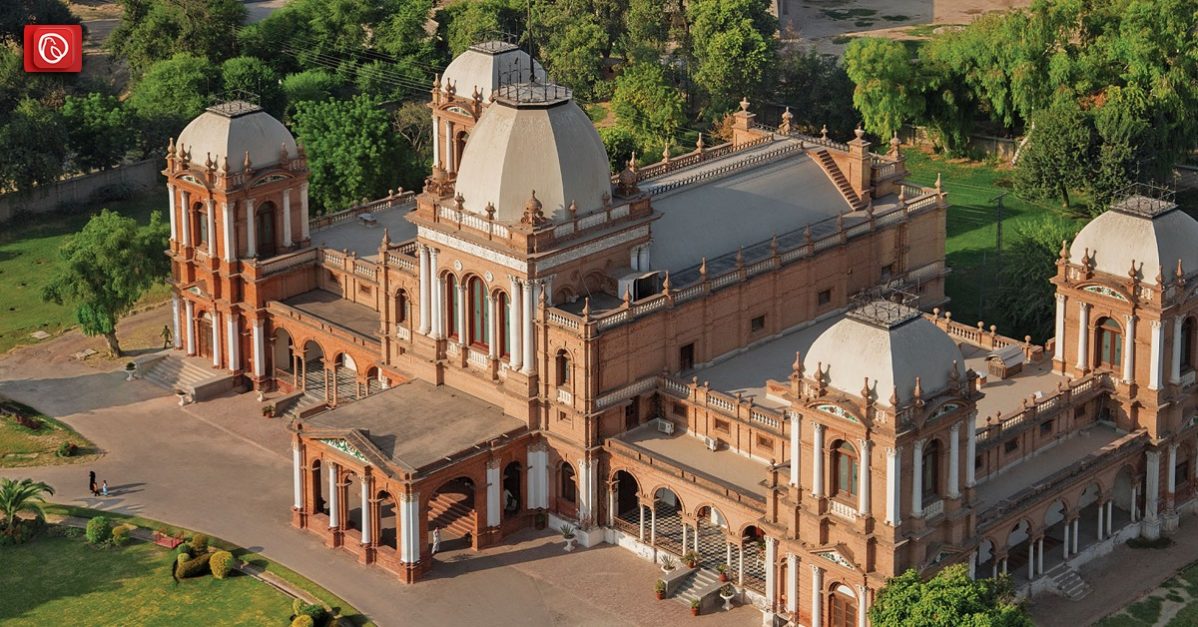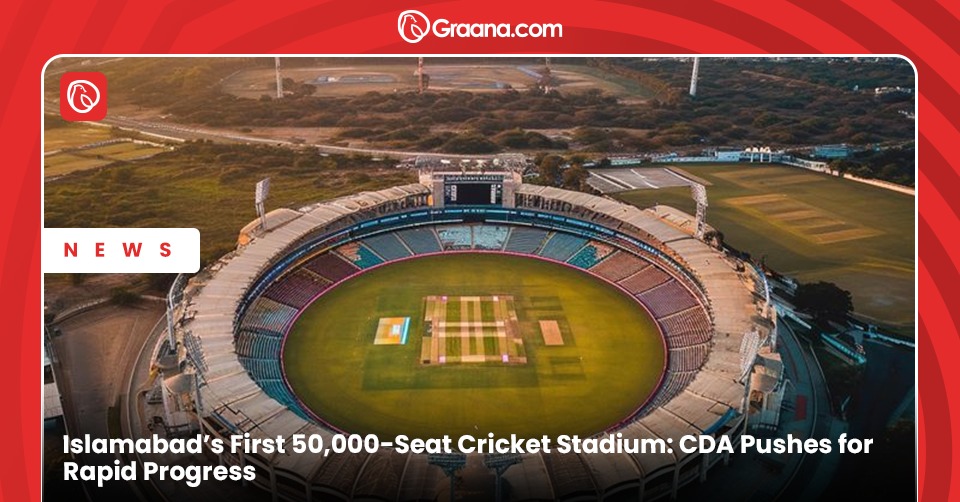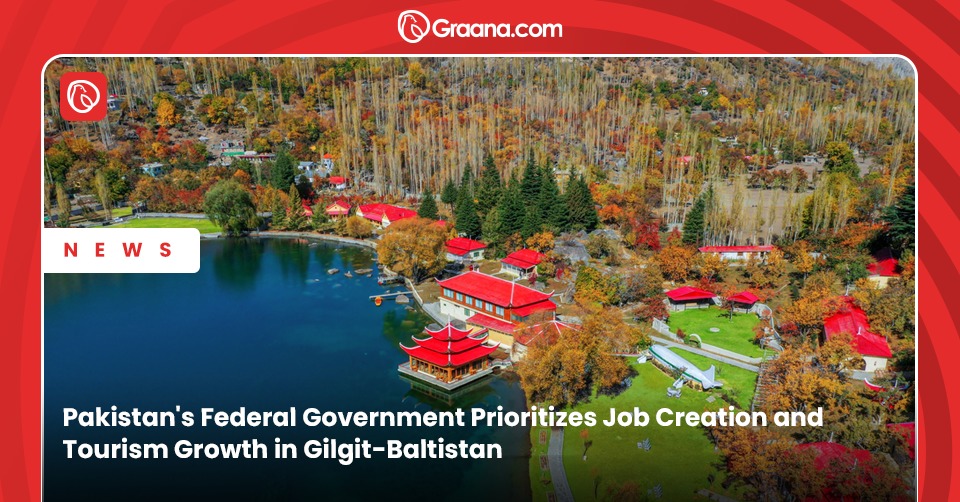The tourism industry in Pakistan is flourishing, attracting both local and international visitors with its diverse range of stunning tourist spots, cultural heritage, and historic landmarks. Among the notable attractions is the Noor Mahal Palace, a princely palace located in Bahawalpur, South Punjab. Built in the late 19th century, this magnificent palace showcases a blend of exquisite architecture and cultural significance, making it a popular destination for history enthusiasts and architecture lovers alike. Graana.com shares all the information about historical sites.
History of Noor Mahal
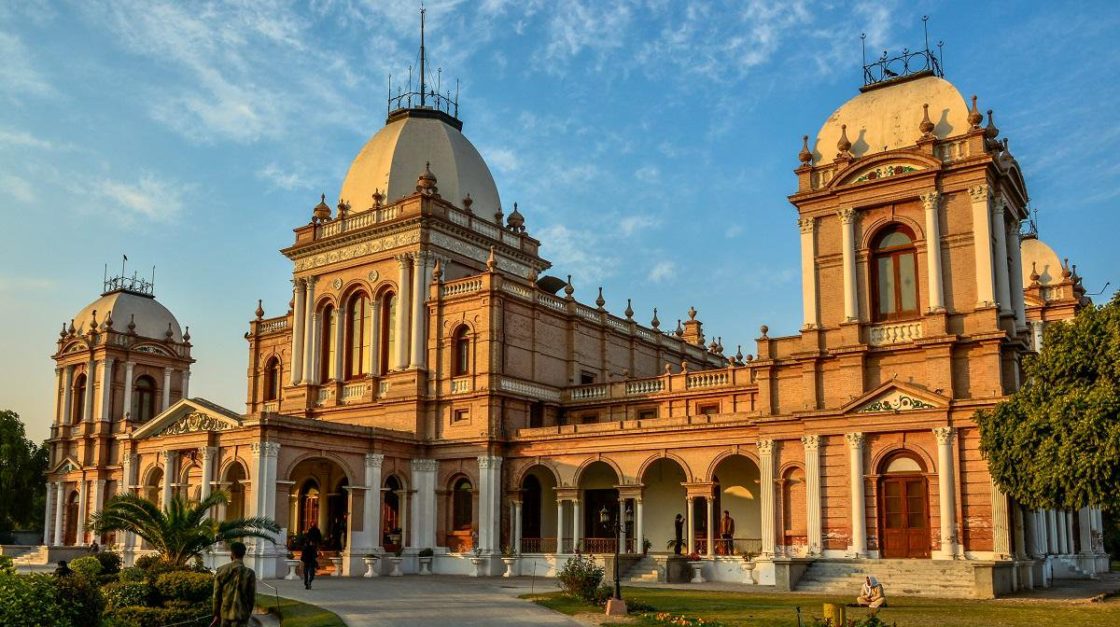
The construction of the enchanting Noor Mahal in Bahawalpur began in 1872 and reached completion in 1875, at a cost of approximately RS 1.2 million. The palace was the brainchild of Nawab Sir Sadiq Muhammad Khan IV, a visionary leader known as the “Shan Jahan of Bahawalpur” due to his passion for architecture.
It was intended as a tribute to his wife, but she declined to reside there due to its proximity to the Basti Maluk Graveyard. Consequently, the palace served as a guest house for noble families and hosted distinguished visitors, including friends of the Nawab and prominent personalities visiting the princely state.
On occasion, Nawab Sir Sadiq Muhammad also utilised Noor Mahal for cabinet meetings and as a State Court.
Architectural Heritage of Noor Mahal
The Noor Mahal Palace’s architectural design was entrusted to British engineer Henan, who oversaw its construction.
Reflecting a fusion of Italian chateau-style and Islamic architectural elements, the palace features grand arches, a two-story high church-style ceiling, and imported construction materials from Italy and England.
The palace stands on over eight kanal of land and boasts thirty-two rooms, including a basement level with fourteen rooms.
The mosaic floors, ornamental ceilings adorned with crystal chandeliers, and hand-carved gilded furniture exude the nobility and refined taste of the Bahawalpur Nawab family.
Transition and Preservation
Following the partition of India and Pakistan in 1947, Bahawalpur gained independence before officially becoming part of Pakistan in 1956.
In 1965, the Pakistan Auqaf Department took possession of the Noor Mahal Palace, and later, the Pakistan Army leased and purchased it in 1971.
Recognising its historical significance, the Government of Pakistan’s Archeology Department declared the Noor Mahal a protected monument in 2001, opening its doors to the public.
Interior and Exhibitions
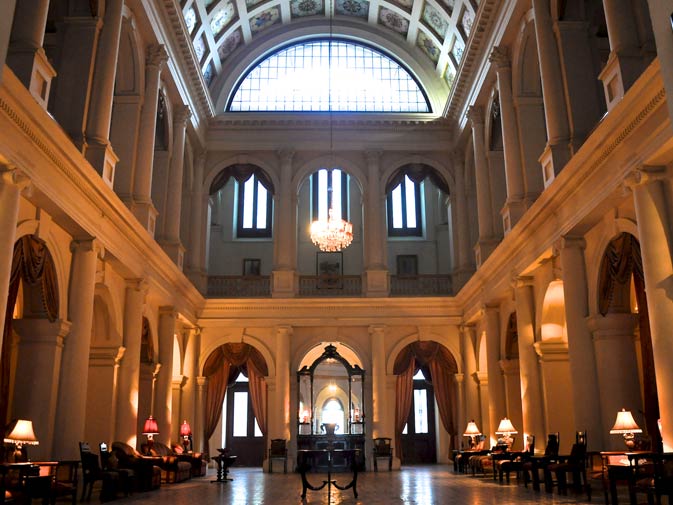
The palace treats visitors to a visual feast of Western artwork, and portraits of the Nawabs, and houses a library with an extensive collection of books and records.
The museum within the palace displays precious ornaments, antique swords, muskets, and other artefacts that offer a glimpse into the royal lifestyle. The palace also features a well-maintained public park with seating areas, entertainment facilities, and snack options for visitors to enjoy.
General Information and Safety
The Noor Mahal Palace serves as a state guest house for hosting state durbars and meetings with foreign delegations. Noor Mahal welcomes visitors daily between 9:00 am and 10:00 pm.
Entrance fees apply, and visitors can also purchase souvenirs and traditional handicrafts from shops located on the premises.
How to Reach the Noor Mahal
Reaching the Noor Mahal Palace is convenient, with various transportation options available. Visitors can fly to Bahawalpur via the local airport, or opt for taxi services, buses, or private cars. The city also boasts a major railway station, making it accessible by train for those travelling from other parts of Pakistan.
Conclusion
Noor Mahal Palace in Bahawalpur stands as a testament to the region’s architectural heritage and offers visitors a captivating journey into the past. With its stunning artistry and historical significance, this hidden gem beckons tourists to explore its grandeur and immerse themselves in the rich cultural tapestry of the region. A visit to Noor Mahal is not only an opportunity to appreciate the craftsmanship of a bygone era but also a chance to connect with the vibrant history of Pakistan’s princely past.
FAQs (Frequently Asked Questions)
What is the best time to visit Noor Mahal Palace?
The best time to visit Noor Mahal Palace is during the winter season, from November to February when the weather is pleasant and suitable for exploring the palace and its surroundings.
Are photography and videography allowed inside the palace?
Yes, visitors are allowed to take photographs and videos inside the Noor Mahal Palace. However, it is advisable to check with the staff regarding any specific restrictions or guidelines.
Are there any nearby accommodations for tourists visiting Noor Mahal Palace?
Yes, there are several hotels and guesthouses available in Bahawalpur that cater to tourists. We recommend making reservations in advance, especially during peak tourist seasons.
Is Noor Mahal Palace accessible for people with disabilities?
Efforts have been made to ensure accessibility for people with disabilities at Noor Mahal Palace. However, it is advisable to check with the management beforehand to inquire about specific facilities and assistance available.
For more information about historical sites in Pakistan, visit Graana blog.
